Today, Kirsty Duncan, Canada’s Minister of Science, announced the recipients of several Social Sciences and Humanities Research Council (SSHRC) grants and seven University of Lethbridge researchers are among those who secured funding for their projects.
“I want to commend the grant and scholarships recipients whose tireless efforts help us better understand our world and our relationships with each other,” says Duncan. “Our government is proud to support these talented researchers and scholars who are pushing the boundaries of knowledge to the benefit of Canadians and our growing middle class.”
“We are extremely pleased that seven U of L research projects were successful in this competition,” says Dr. Claudia Malacrida, associate vice-president (research). “It demonstrates the strength of our researchers in the social sciences and humanities and we congratulate each one of them.”
The funding includes Partnership Development Grants, designed to foster new research with new or existing partners, Insight Development Grants that support research in its beginning stages, and Insight Grants for long-term research initiatives. The research projects are diverse, spanning the fields of visual arts, anthropology, psychology, digital humanities, finance and history and gender studies.
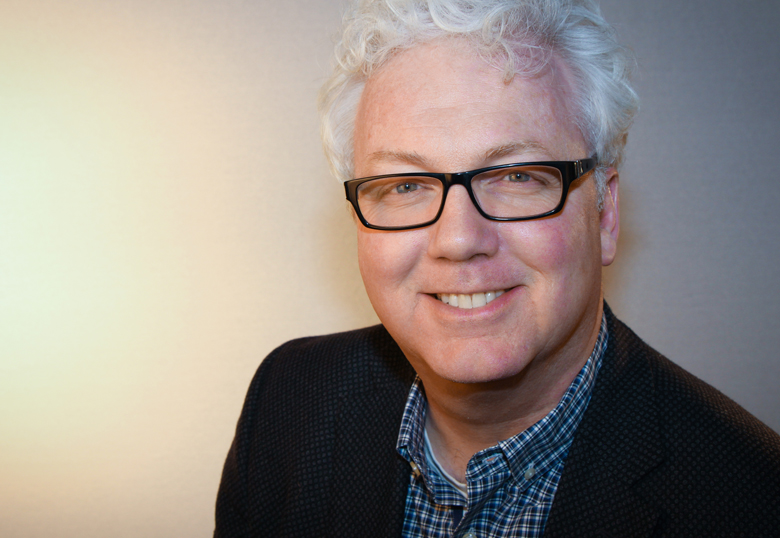
Dr. Dan O'Donnell
Dr. Dan O’Donnell, a professor in the Department of English, conducts research in the Digital Humanities, where tools and methods from computer science are applied to humanities fields like history, philosophy and literature. His digital tools, like the Internet, make it easy to share research information widely, but O’Donnell has found the world of research publishing hasn’t changed much, with the same major publishers running the market. He began working on building a different kind of research network called Future Commons where research is freely shared and publicly available and where corporations can still make a profit. The Partnership Development Grant, which includes three other organizations, will facilitate research to further the Future Commons network. For more information visit
Future Commons.
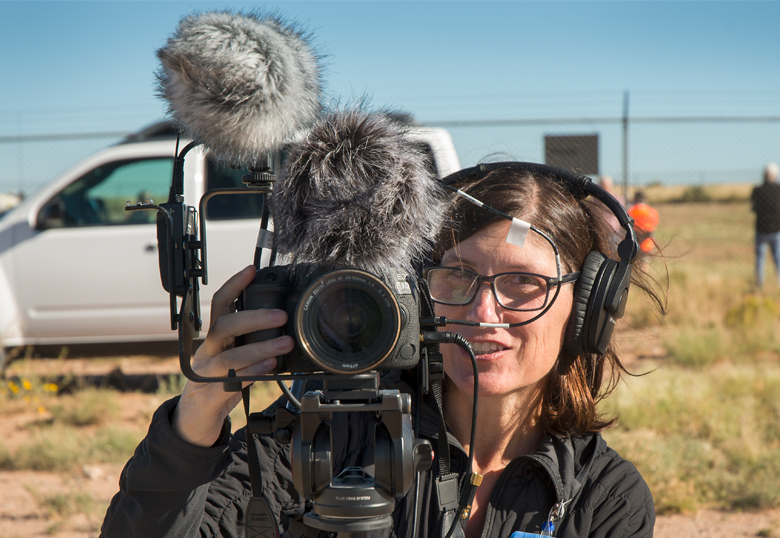
Mary Kavanagh
Mary Kavanagh, a professor in the Department of Art, will examine nuclear anxiety in the post-Cold War era through interviews with visitors to Trinity, the site of the world’s first atomic bomb detonation. A rehearsal for the bombings of Hiroshima and Nagasaki, Trinity was the codename for the test blast in 1945, deep in the desert south of the Manhattan project’s headquarters in Los Alamos, New Mexico. Tourists now flock to the site during bi-annual open houses. Kavanagh, through interviews conducted at the site, plans to generate a series of art works or “chapters” that include moving-image vignettes, photographic works, book works, installations and an experimental documentary film that explores urgent questions of the nuclear age. For more information visit
Atomic Tourism.
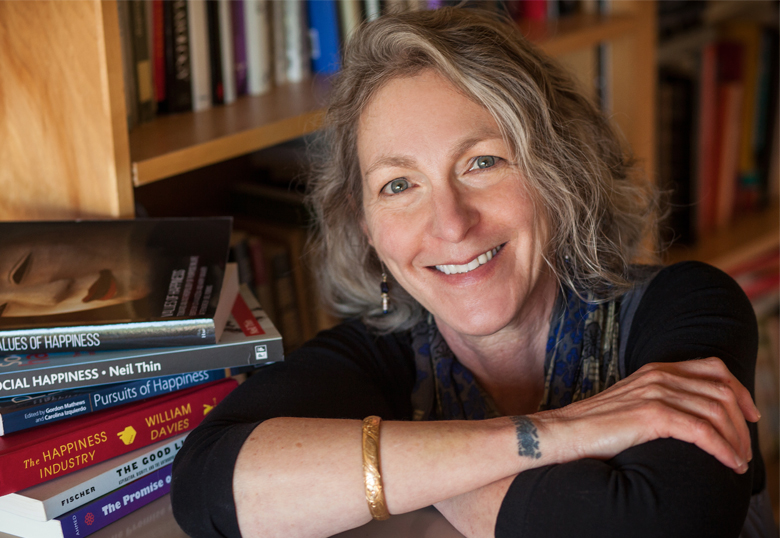
Dr. Catherine Kingfisher
Dr. Catherine Kingfisher, an anthropology professor, will explore urban collective housing communities as non-individualistic approaches to well-being. Such communities work to balance independence and interdependence by including both personal/private and shared/collective spaces, and, unlike many intentional communities, are integrated with, rather than segregated from, society at large. Kingfisher will compare communities in Tokyo and Vancouver to gain insight into how this model of the good life operates in cultural contexts that historically and ideologically have stressed different aspects of individualism and collectivism. The project is situated in the context of increasing academic and governmental interest in happiness and well-being. For more information visit
Intentional Communities.
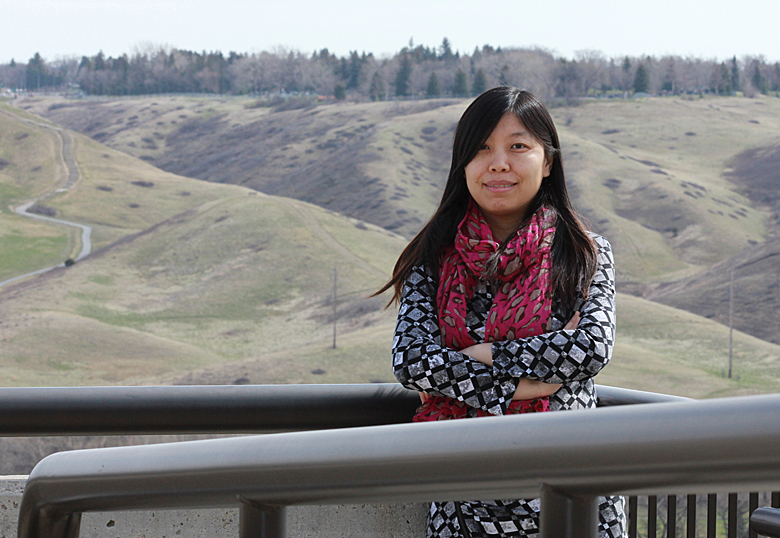
Dr. Fangfang Li
Dr. Fangfang Li, a psychology professor, will examine factors that may influence speech errors in second-language learners. She found that errors made by local students in French Immersion programs persisted over time, even though researchers expected the students would make fewer speech errors when they reached higher grades. Li hypothesizes that the errors persist because opportunities to speak with native French speakers are limited in a community where English is the dominant language. Li’s research will look at a mixed bilingual program in Edmonton to see if the second-language learners there, who have more opportunity to speak with native speakers, produce more accurate speech as they advance to higher grades. For more information visit
Second-language Learning.
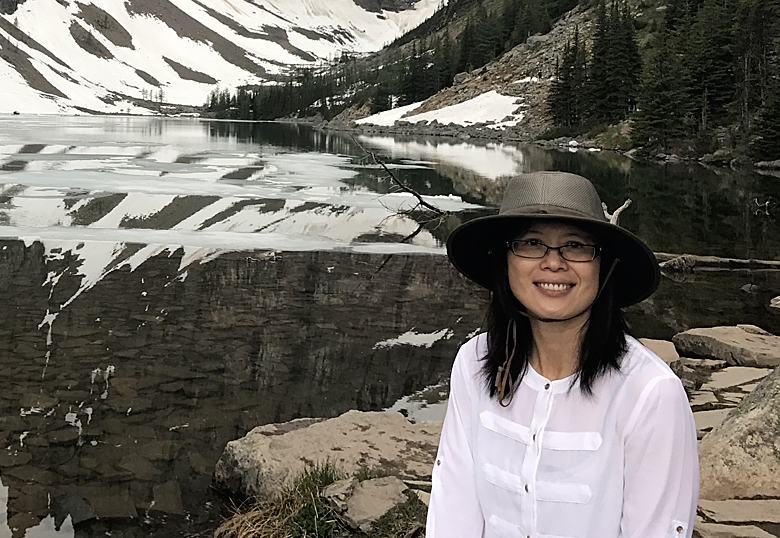
Dr. Yutao Li
Dr. Yutao Li, a professor in the Faculty of Management at the U of L’s Calgary campus, will explore the costs and benefits of banks’ involvement in lending networks. While greater connectivity in a network can be helpful because it gives a bank more information it can use to evaluate a borrower’s credit risk, it can also be detrimental if risk enters the financial system and spreads throughout the network, as it did during the financial crisis of 2007-2008. Li’s study is the first to investigate banks’ lending networks and the research will help build understanding about how banks’ network connectivity affects information acquisition, lending practices and quality of financial reporting. For more information visit
Banking Networks.

Dr. Paul Vasey
Dr. Paul Vasey, a psychology professor, will delve into competition for mates in cultures that recognize third genders, specifically the
muxes in the Istmo region of Oaxaca, Mexico and the
fa’afafine in Samoa. The
fa’afafine and
muxes are same-sex attracted feminine males or what could be termed transgender in North America. They engage in sexual activity with masculine men who are bisexual, thus creating a competitive atmosphere for heterosexual women. In contrast, women in Euro-American cultures most often face competition from other women. Vasey and his students will conduct research in Canada and at their field sites in Samoa and Mexico to see how the presence of third-gender males affects the behaviour and psychology of heterosexual individuals. For more information visit
Mate Competition.
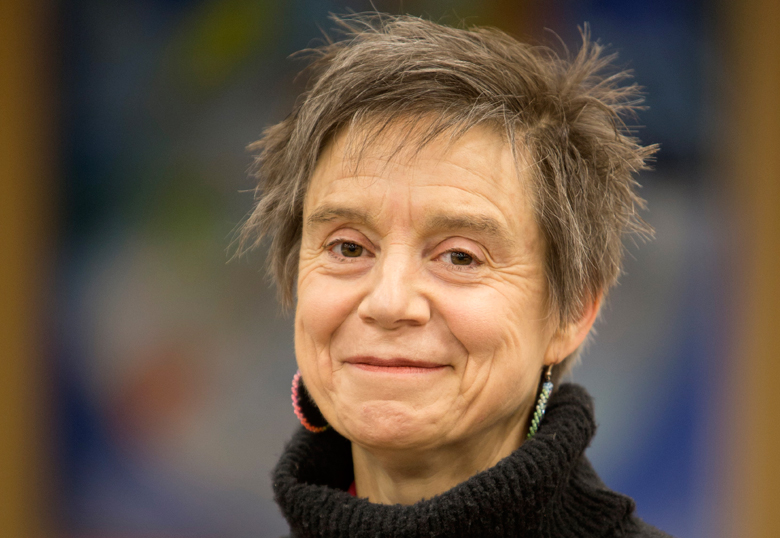
Dr. Carol Williams
Dr. Carol Williams, a professor in Women and Gender Studies and History, and her collaborators, Linda Weasel Head, Hali Heavy Shield and Faye Heavy Shield, will assemble diverse and new historical accounts of Kainai women’s social reform work between 1968 and 1990. The researchers will engage with the Kainai community and propose a series of cultural and historical workshops for all age groups to encourage conversation and storytelling. The study hopes to challenge the colonial character of the archives as they exist and the myths of Indigenous-Settler relations. The study, in line with the recommendations from the Truth and Reconciliation Commission, seeks to expand historical literacy about how Kainai women transformed their communities. For more information visit
Kainai Women’s Activism.







